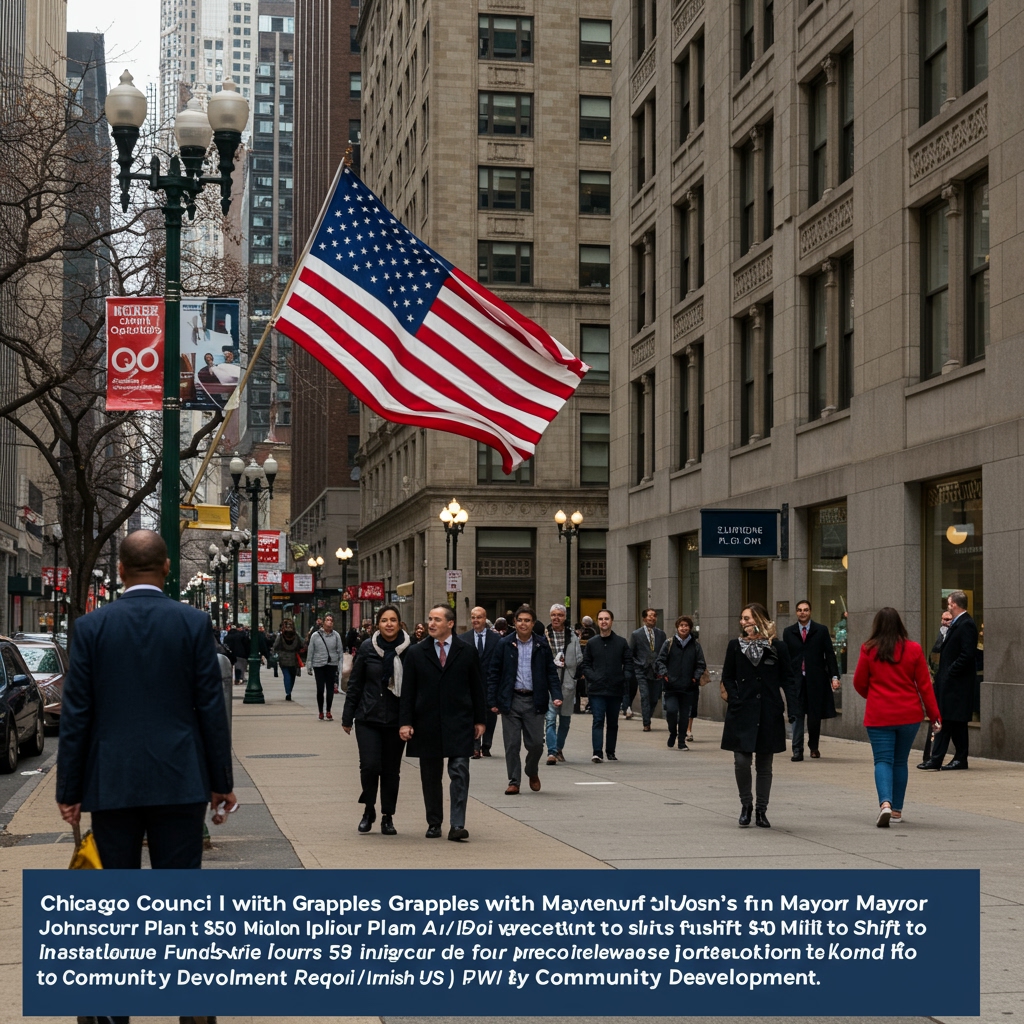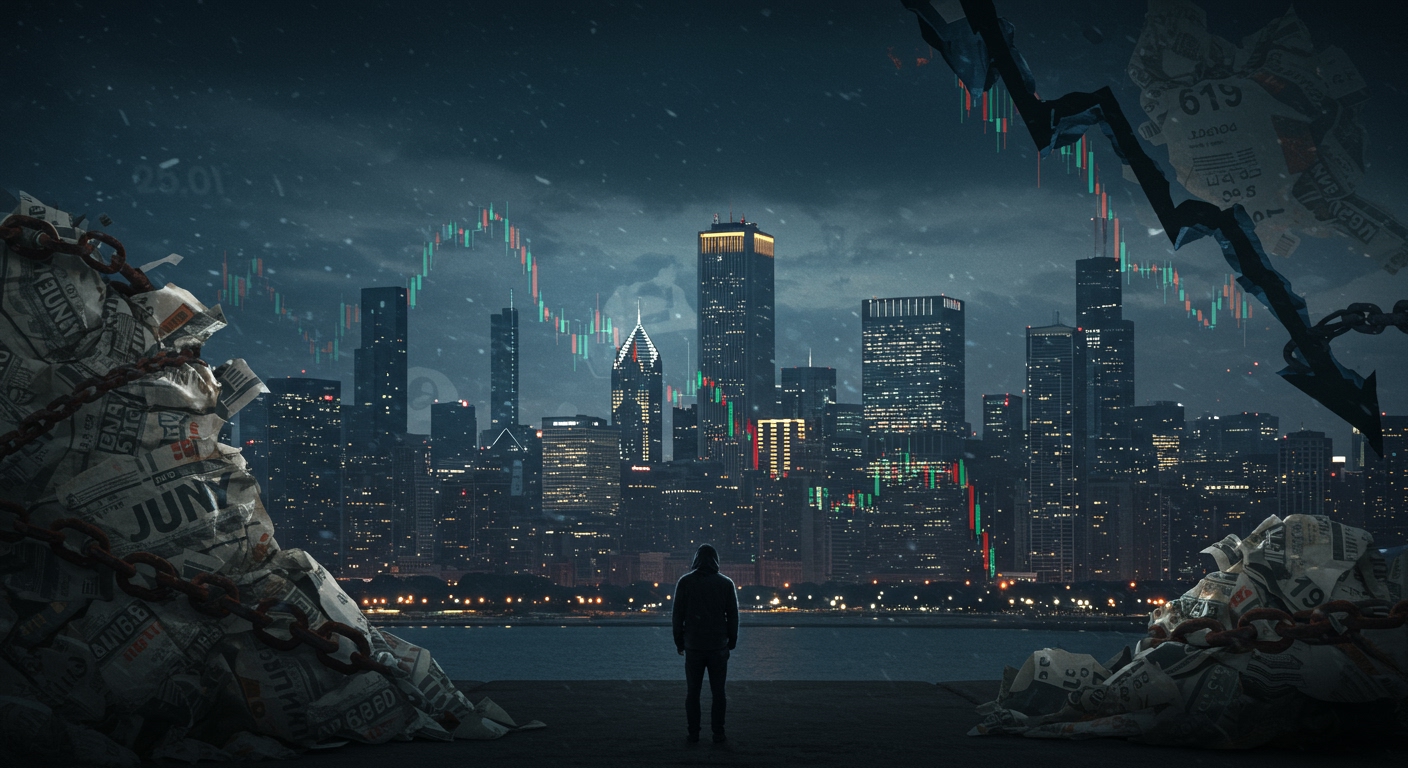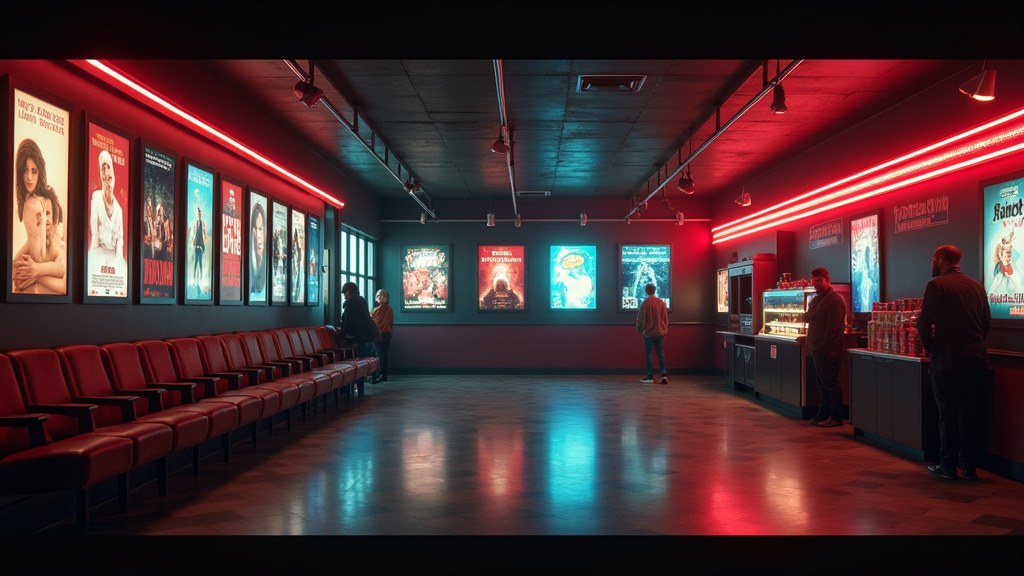CHICAGO, IL – In a direct response to significant public and editorial pressure surrounding potential funding mechanisms for critical city projects, the Chicago City Council’s Finance Committee has scheduled a special hearing. The session is set to convene on March 27, 2025, specifically to address the intricate details of the administration’s proposed “Pritzker-Era Infrastructure Plan” and to meticulously examine potential revenue sources that could mitigate or replace a controversial property tax increase.
The decision to hold this dedicated hearing comes after a period of intense scrutiny and vocal opposition to the initial suggestion of funding infrastructure upgrades through a hike in property taxes. Homeowners, community groups, and local media outlets have expressed considerable concern regarding the potential financial burden, particularly in the current economic climate. Editorials published in major Chicago publications have critically questioned the necessity and scope of certain aspects of the plan, while also highlighting the regressive impact of funding large capital projects primarily through property assessments.
Public and Editorial Pressure Spurs Action
The genesis of this special committee hearing is undeniably rooted in the recent wave of public outcry and pointed editorial commentary. The administration’s unveiling of the “Pritzker-Era Infrastructure Plan,” while outlining necessary investments in the city’s aging infrastructure – roads, bridges, water systems, and public buildings – also included the possibility of funding these ambitious projects, at least in part, through an increase in property taxes. This proposition immediately ignited a fiery debate across the city.
Residents voiced concerns during public forums, community meetings, and through direct communication with their aldermen, expressing anxieties about the affordability of living in Chicago and the cumulative effect of rising property tax bills. Simultaneously, influential editorial boards weighed in, publishing analyses that challenged the plan’s cost-effectiveness, explored whether all proposed projects were equally urgent, and strongly advocated for the exploration of alternative funding sources before resorting to a broad-based property tax increase that affects all property owners.
The convergence of these pressures created an environment where the City Council felt compelled to take a more in-depth and transparent look at the proposal. The special hearing is widely seen as a direct acknowledgment by the council of the legitimacy of these concerns and a necessary step to restore public confidence in the funding process for vital city improvements.
Finance Committee’s Mandate: Scrutiny and Alternatives
The Chicago City Council Finance Committee, chaired by Alderman Smith, is tasked with overseeing the city’s fiscal affairs, including budget reviews, bond issues, and matters related to taxation and revenue. Their role in this special hearing is particularly critical.
According to statements made by Alderman Smith, the primary goals of the March 27th hearing are twofold: first, to ensure absolute transparency regarding the specifics of the administration’s “Pritzker-Era Infrastructure Plan,” allowing aldermen and the public to understand the detailed components, projected costs, and necessity of each proposed project; and second, to exercise fiscal responsibility by thoroughly scrutinizing the proposed funding mechanisms and actively exploring all viable alternative funding mechanisms beyond the initially suggested property tax hike.
Aldermen on the committee are expected to pose challenging questions to representatives from the administration, seeking justification for the scale and timing of the infrastructure investments and demanding detailed breakdowns of costs. The focus will heavily be on whether state or federal grants, dedicated user fees (for specific services like water or transportation), infrastructure bonds repaid through means other than property taxes, or other innovative revenue streams could be tapped to lessen or eliminate the reliance on increasing the property tax burden on Chicago residents and businesses.
A Call for Public Testimony
Reflecting the commitment to transparency and inclusive governance, Alderman Smith has explicitly invited public testimony during the special hearing. This opens the floor for residents, community organizations, business owners, and experts to directly share their perspectives, concerns, and potentially even propose alternative solutions to the funding challenge.
Public input is considered vital for shaping policy, especially when it involves significant financial implications for taxpayers. Allowing constituents to voice their opinions in a formal setting before the City Council committee underscores the democratic process and ensures that the concerns raised during the public outcry and editorial campaigns are directly heard by the policymakers responsible for approving the plan and its funding.
Looking Ahead
The special hearing on March 27, 2025, marks a crucial inflection point in the debate over funding Chicago’s future infrastructure needs. While the “Pritzker-Era Infrastructure Plan” outlines projects deemed essential for the city’s long-term viability and competitiveness, the method of paying for these improvements remains a highly contentious issue.
The outcome of the Finance Committee’s scrutiny and exploration of alternatives will significantly influence the final form of the infrastructure plan and its funding structure. The hearing is not expected to result in immediate final decisions, but rather to inform subsequent deliberations by the full City Council. It represents an opportunity for a more thorough, public airing of the facts and potential consequences before any final votes are cast on measures that could impact the financial well-being of Chicago’s property owners for years to come.
All eyes will be on the committee proceedings on March 27th as aldermen grapple with the complex task of balancing the undeniable need for infrastructure investment with the equally pressing need to protect residents from potentially burdensome tax increases. The future trajectory of the “Pritzker-Era Infrastructure Plan” hinges significantly on the discussions and findings that emerge from this critical special hearing.














